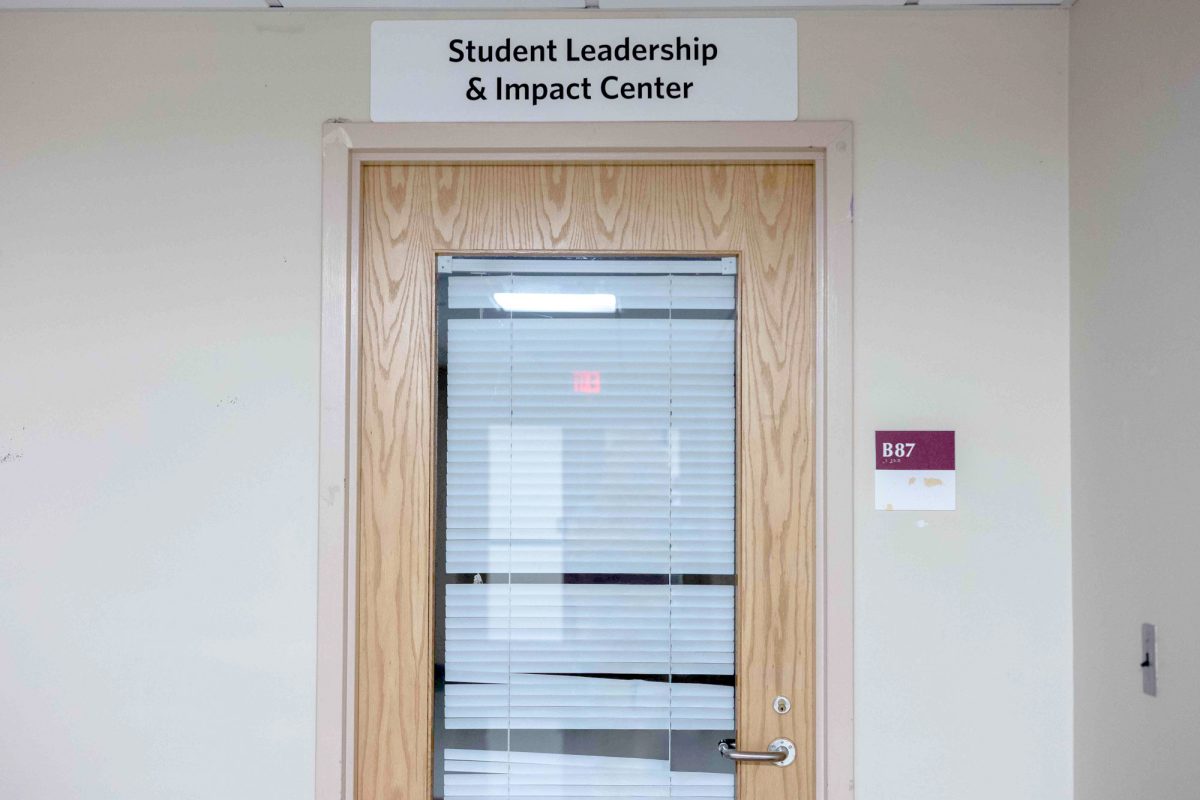Op-Eds do not reflect the editorial opinion of The Daily Free Press. They are solely the opinion of the author(s).
Shandra Back (COM 25) is a second year student of Journalism in the College of Communications.
If there was a global competition in language proficiency, the U.S. would come in dead last.
As the hegemonic state of the world, the U.S. is not accustomed to coming up short — yet when it comes to language learning we don’t seem to mind. The world is globalizing fast, instead of adapting to the integration of foreign language and culture, we’re waiting for the rest of the world to assimilate to us or to kindly keep out.
Seeing as English is the most commonly used language in the world, we don’t see the point of learning another one if everyone else is learning the language that we already natively speak. But the fact of the matter is that less than a fourth of the globe speaks English.
This closes off over 80% of the world to English-only speaking Americans. As a global superpower, this truth about the U.S. seems glaringly contradictory.
We need to be embracing globalization and rapidly rising demographics in the U.S. by putting more funding and time into language learning, not less. With no national foreign language mandate in U.S. school systems, funding has drastically decreased and prioritization has continued to decline.
The U.S. colleges saw a decrease of 651 foreign-language programs in a recent three year period. And this rate will continue to drop unless we act upon it now.
Instead of adapting to our rapidly globalizing world, the U.S. is dropping the ball at an imperative time. As the demographics rise in the U.S. so does our fear of foreign influence for reasons both economic and cultural. Rather than embracing this demographic turn for future generations to come, we are bottling it up and pushing it down — an act that comes with countless repercussions for all Americans.

When it comes to language proficiency, Europeans have Americans beat by a landslide. This is because the majority of students in Europe are required to start learning a second language as early as age six.
Without a national foreign-language mandate, the U.S. leaves it wholly up to school districts to make the decision as to whether a second language will be included in their curriculum, demonstrating the growing fear of foreign language influence held in the U.S. This is exactly the opposite of what should be happening.
There is no official language of the U.S. which is pretty surprising seeing as Americans have adapted to a mindset of English being the official-unofficial language. Our refusal to prioritize foreign-language education is only contributing to fears of rising demographics in the U.S. We are slowly digging a hole that we won’t be able to get out of.
Think of it this way — if our school systems are slowly edging off foreign language education, then fewer people will be learning a foreign language. In turn, fewer educators will be equipped to teach them in schools since they didn’t learn one themselves. This creates a downward spiraling cycle which will eventually lead to an extreme scarcity of multilingual teachers. Unfortunately by that point, school districts may just accept this reality and boot the foreign language curriculum altogether.
However, there is still time to reverse the cycle before it spirals out of control.
The education system has so much power in shaping adolescent minds. At such a malleable state of intellectual and emotional growth, students begin shaping opinions and perceptions that will stay with them all of their lives. Education systems reflect the soul and mindset of each individual district as well as the country as a whole.
As foreign language curriculums continue to fade away, so does education about
cultural appreciation. Learning a second language may seem more like an optional hobby for Americans hoping to travel or become more competitive in the job market, but in reality, this essential education also holds the strings to our cultural appreciation and inclusion for rising
demographics.
Each time another district loosens its language requirements, another string is cut. America is at a crossroads. If the prioritization of language learning in schools is not imparted on younger generations, then the world will gradually become more separate and less connected.
Our current course of action continues toward isolating the United States and teaching younger generations that it is okay, even acceptable, to expect others to adhere to our culture and to block them out if they don’t. Are these the lessons that we want our school systems to impart to our kids and project to the rest of the world?
























































































































